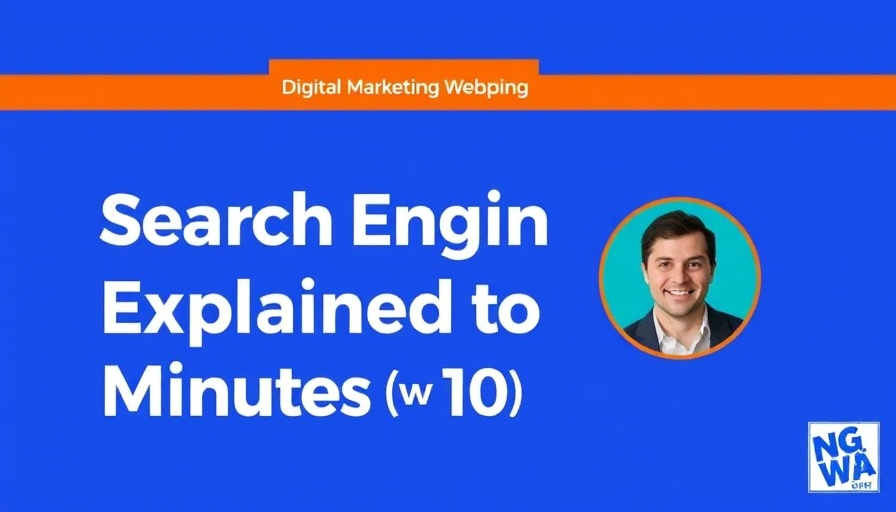
Understanding Search Engine Ads: A Brief Overview
In the digital marketing landscape, search engine advertising represents a powerful tool for businesses to capture exposure and connect with potential customers. Often referred to as pay-per-click (PPC) advertising, it allows brands to pay platforms like Google, Bing, or Yahoo to display their ads when users search for specific keywords related to their products or services. The immediate visibility of such ads contrasts sharply with organic search results, which require time and effort to develop.
Different Types of Search Ads Explained
Search engine platforms offer various advertising formats tailored to different needs. For instance, Google has established several types of search advertising options:
- Search Campaigns: These are traditional text ads that appear on Google Search results.
- Shopping Campaigns: Ideal for e-commerce, these product ads are displayed on Google Shopping platforms.
- Video Campaigns: These ads play on YouTube, targeting users with engaging video content.
- Performance Max Campaigns: Automated campaigns that extend across all of Google's networks, such as Google Maps and Gmail.
- Local Services Ads: These connect local service providers directly with potential customers actively seeking their services online.
Each format has distinct advantages, allowing advertisers to select the one that aligns best with their business objectives and target audience.
Setting Up a Search Engine Advertising Campaign
Getting started with search engine advertising involves a few key steps:
- Selecting relevant keywords that your potential customers are likely to use when searching for your products.
- Crafting compelling ad copy that will attract clicks once users search those keywords.
- Setting a budget and determining a bid amount, which is the maximum you'll pay per click.
Once your ads are live, they enter an instant auction every time a user searches for your chosen keywords. The auction considers your bid amount and the relevance of your ad and the landing page. Importantly, you only pay when someone clicks on your ad—hence the term "pay-per-click." Tracking the performance of your ads and continuously optimizing them for better results is crucial for maximizing ROI.
The Importance of Understanding Your Audience
Before diving into search engine advertising, it’s essential to verify whether your target audience uses search engines like Google to seek out similar products or services. Tools like keyword generators can help you estimate how many people are searching for specific terms related to your business.
When Search Ads Make Sense
Search ads can be particularly beneficial under certain circumstances:
- Immediate Visibility: If you're launching a new product or special promotion requiring quick attention, search ads are an effective solution.
- Good Profit Margins: Businesses with solid profit margins can absorb advertising costs more comfortably while maintaining profitability.
- Effective Conversion Tracking: Understanding the journey from visitor to customer is crucial, especially in B2B scenarios where multiple touchpoints are common.
In summary, while search engine advertising is a valuable avenue for generating traffic and leads, careful consideration of your business's unique goals and audience behavior is essential in determining whether this strategy aligns with your overall digital marketing efforts.
 Add Row
Add Row  Add
Add 






Write A Comment